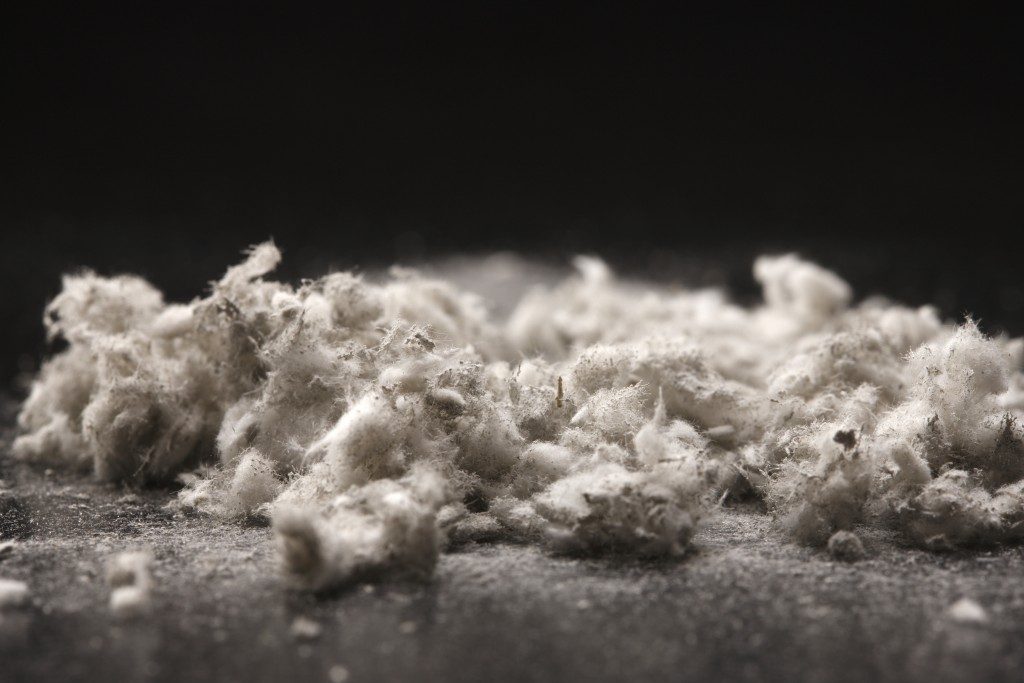For most people, the safest place to be is their very own home. However, what if you discover that your abode is contaminated with a toxic air pollutant that can cause all sorts of respiratory issues and worse, mesothelioma, a rare form of cancer? This dangerous air pollutant is called asbestos, and it could be found in houses, particularly in older ones.
What Exactly is Asbestos?
Asbestos is a type of magnesium silicate that is composed of fiber bundles. Throughout the 70s, it was combined with materials used for building homes and the manufacturing and automotive industries for its fire-resistant properties. A lot of countries started banning it around the late 80s, but it might still be incorporated into some products before the ban. But why was the use of asbestos suddenly banned? Put simply; studies found that asbestos exposure is related to severe health issues, primarily mesothelioma.
Health Risks Associated with Exposure to Asbestos
Having asbestos in your house does not necessarily mean that you’ll develop asbestos-related health conditions or that the air inside your house is automatically tainted with asbestos. Materials that contain asbestos provided that they’re secured and in great condition might not cause health risks. However, a licensed asbestos inspections and removal professional in Utah warns that if these materials are to be disturbed, the asbestos fibers could be distributed into the air in your house, and when this happens, you could inhale these fibers that could build up in your lungs, which would then cause all sorts of health problems such as:
- Mesothelioma – A rare form of cancer that impacts the membranes that line the chest or abdomen. Symptoms of this cancer won’t manifest until 20 to 30 years after asbestos exposure.
- Lung cancer
- Asbestosis or lung scarring
- Increased risk for developing cancer of the colon, kidneys, throat, esophagus, and gastrointestinal tract.
How to Banish Asbestos from your Home

The first thing you need to do is to find out if any materials in your house contain asbestos, which is something that’s very difficult to do as samples will have to be taken and then tested for asbestos. It’s imperative however that you don’t touch any material that you suspect might contain asbestos because if you remove it incorrectly or inadvertently disturb it, you could trigger the release of the asbestos fibers.
You can try to manage the asbestos problem by sealing the suspected material with something that can coat the fibers and prevent them from being dispersed into the air or cover it to keep the fibers from getting out. However, these are just temporary measures that can result in more issues over time. But then again, eliminating materials contaminated with asbestos from your house is something that you should never attempt to do; otherwise, you might make things worse.
With this in mind, if you believe that something in your home might contain asbestos, don’t hesitate to call an asbestos removal specialist to inspect your home and permanently banish asbestos from your abode.

